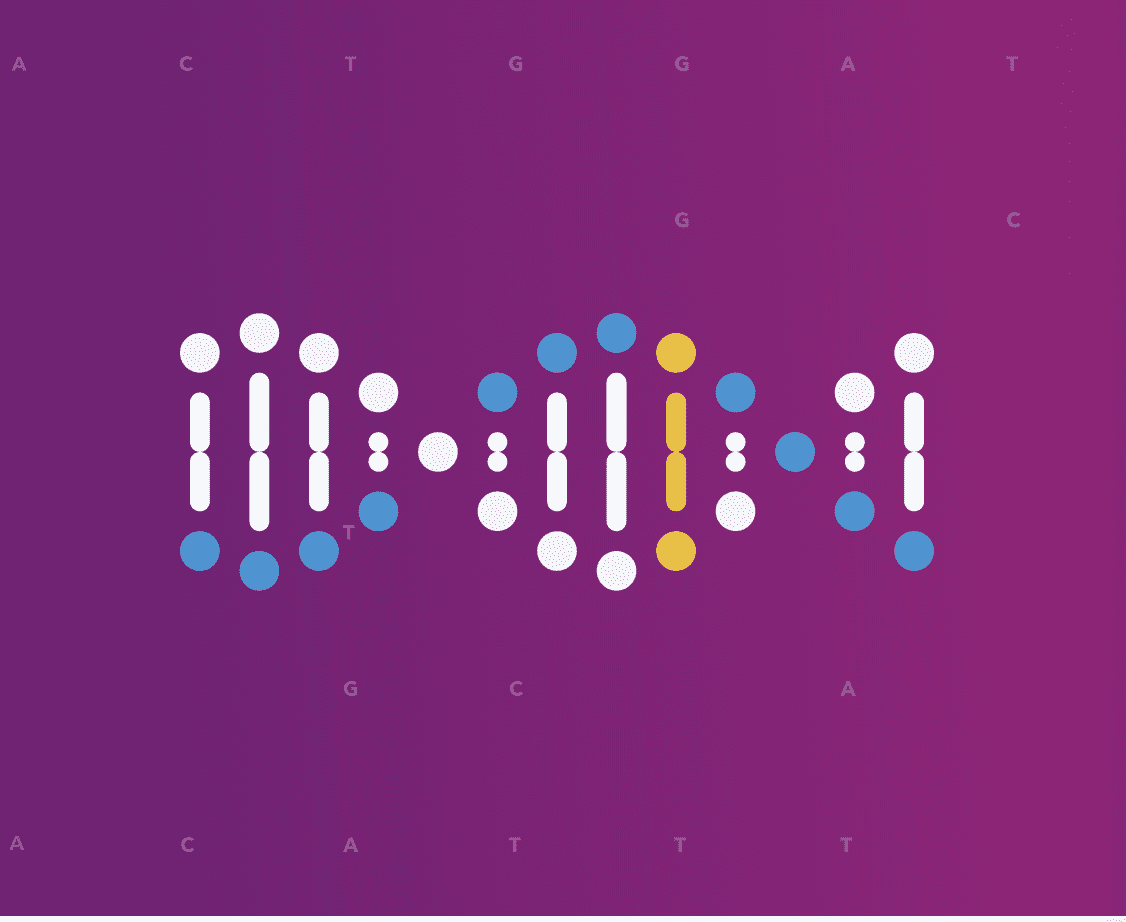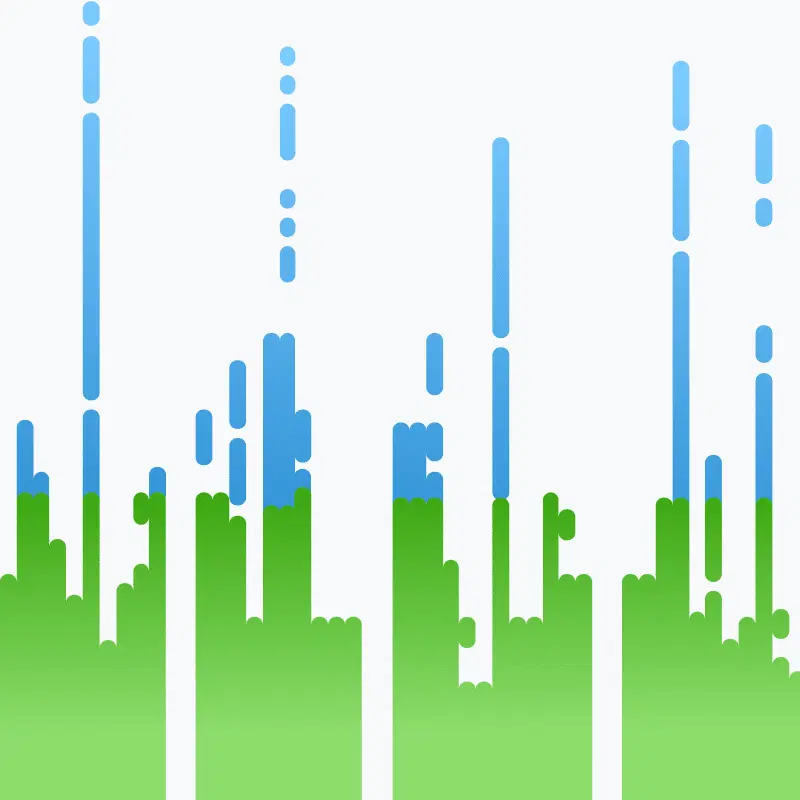Scientists from 23andMe’s Therapeutics organization recently presented details on the study design of the company’s ongoing Phase 1 clinical trial for a potential new cancer treatment, an immunotherapy antibody called 23ME-00610.
The details on the types of cancers to be included in an expansion phase of the company’s clinical trial were presented this month at the annual meeting of the Society for Immunotherapy of Cancer (SITC) in Boston.
The Phase 1 clinical trial is designed to assess the safety and blood levels of 23ME-00610 in patients with advanced solid tumors whose cancer has come back or continued to spread after having taken all available treatments.
23ME-00610 is an antibody that targets a receptor called CD200R1 expressed on T-cells and myeloid cells, and may restore those cells’ ability to kill cancer cells in patients.
Trials in Progress
The details presented at SITC were in a “Trials-in-Progress” poster, and included the specific types of tumors that will be studied in this trial. Patients with certain kinds of cancer will be enrolled into the clinical trial in the coming months.
23andMe is looking to enroll patients with clear cell renal cell carcinoma; epithelial ovarian, fallopian tube or primary peritoneal carcinoma; neuroendocrine cancers including small cell lung cancer; and microsatellite instability-high (MSI-H) or tumor mutational burden-high (TMB-H) cancers that have progressed on standard therapies.
A Phase I Clinical Trial
A Phase 1 clinical trial is meant to assess safety and identify a dose level and dosing frequency for newly developed drug candidates.
Typically a Phase 1 clinical trial includes a small group of patients who receive the investigational drug. Following close safety monitoring and analysis of drug levels in patients, if the compound is deemed to be well-tolerated, a higher dose of the drug is administered, either within the same group or a separate group of patients. When an appropriate dose level and dosing frequency has been identified, additional patients are typically enrolled to better assess that dose level.
The plan for this Phase 1 study is to enroll about 100 patients. 23andMe plans to present the results of this clinical trial at an upcoming scientific conference.
The Power of Big Data
23andMe has more than 13 million genotyped customers, 80 percent of whom have consented to participate in research. Scientists are able to study the aggregate, de-identified genetics of these millions of participants.
Pairing this data alongside more than 4 billion self-reported health data points, our scientists use sophisticated analyses to identify potential drug targets. 23andMe has one of the largest research platforms for therapeutic discovery. To date, the 23andMe Therapeutics division has initiated more than 50 therapeutic programs, including 23ME-00610.
“Our hypothesis, backed by published research, is that drug targets based on human genetics are at least twice as likely to become successful medicines than those with no underlying human genetic evidence,” said Dr. Jennifer Low, Head of Therapeutics Development at 23andMe. “We hope that 23ME-00610 will ultimately show clinical benefit to patients with a number of types of cancer.”

